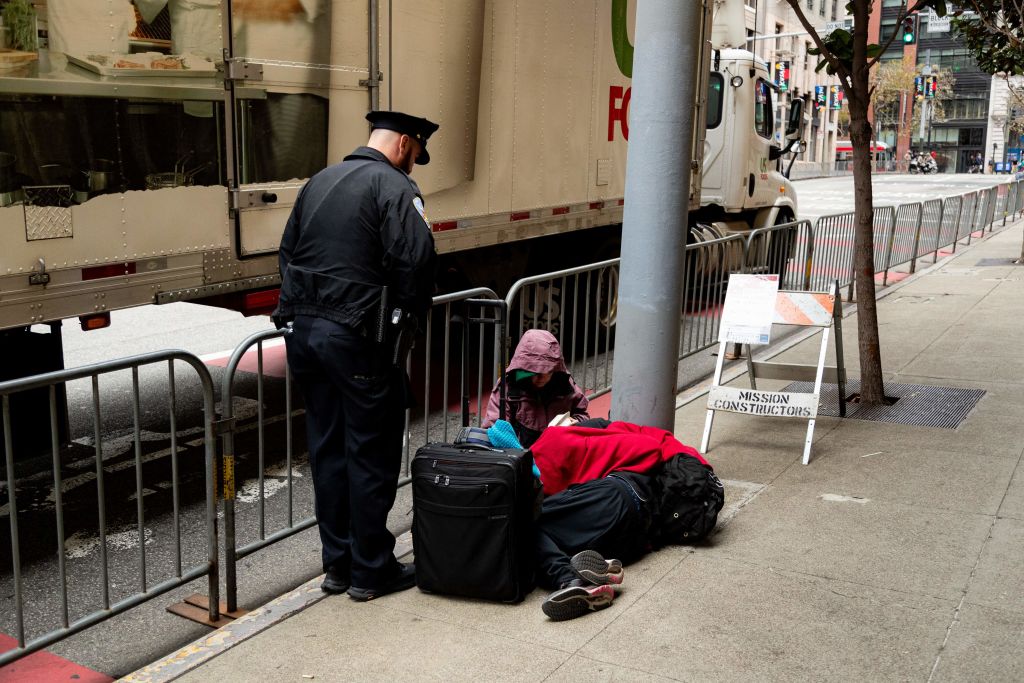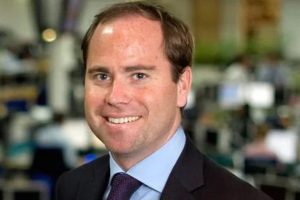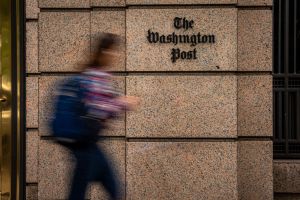Like alcoholics, whenever a journalist has a moment, however brief, of political clarity to consider that perhaps they are the “baddies,” it should be commended. Such is the case with columnist and former candidate for governor of Oregon, Nicholas Kristof.
Earlier this week, Kristof penned a piece in the New York Times titled, “What Have We Liberals Done to the West Coast?” and strained to defend his own political philosophy.
Kristof dives into far-left police reforms in his home state of Oregon, as well as West Coast progressive utopias such as Los Angeles, San Francisco, Seattle and Portland, where public intoxication and overdoses run rampant, downtown retailers are forced to lock up merchandise or shutter completely and housing costs and reforms are causing mass migration to other states such as Utah, Colorado, Texas and Florida.
Kristof maintains that liberalism itself is not to blame, but just the special brand of easy chill “West Coast Liberalism” as he ignores the current wreckage that is DC, Baltimore, New York City and others. He does, however, address far-left police reforms that took over blue cities in the wake of the 2020 George Floyd riots, citing a particular case out of Portland.
Kristof recalls the case of Mohamed Adan, writing:
In 2022, the Portland Freedom Fund helped a black man named Mohamed Adan who had been arrested after allegedly strangling his former girlfriend, holding a gun to her head and then — in violation of a restraining order — cutting off his GPS monitor and entering her building. “He told me that he would kill me,” the former girlfriend, Rachael Abraham, warned.
The Freedom Fund paid Adan’s bail, and he walked out of jail. A week later, Adan allegedly removed his G.P.S. monitor again and entered Abraham’s home. The police found Abraham’s body drenched in blood with a large knife nearby; three children were also in the house.
Kristof cites Ibram X. Kendi, who has come under his own special brand of scrutiny as of late, and disputes Kendi’s broad claims that racism drives everything from drug use to homelessness and overpolicing of urban communities. What Kristof does get right, though, is that for decades now, the West Coast of the United States has been almost exclusively under one-party rule, as have cities throughout the country where these problems he sees persist. He laments the elimination of any and all opposition parties and suggests that perhaps a healthy Republican Party to counter extreme policy measures is a solution.
It’s not just in policy on the West Coast. All Kristof needs to do is look around at his own industry, even his own employer at the New York Times, to see that purity tests of progressive faith have been instituted all over — and that any pushback to the progressive dogmas dominating news rooms across the country result in ostracism, such has been the case at the Times, CNN and now the Washington Post.
If Kristof truly wants to have a come-to-Jesus moment over the bad politics that have wrecked the entire West Coast of the United States, perhaps he should start smaller, within his own news organization. After all, all politics, they say, is local.


















